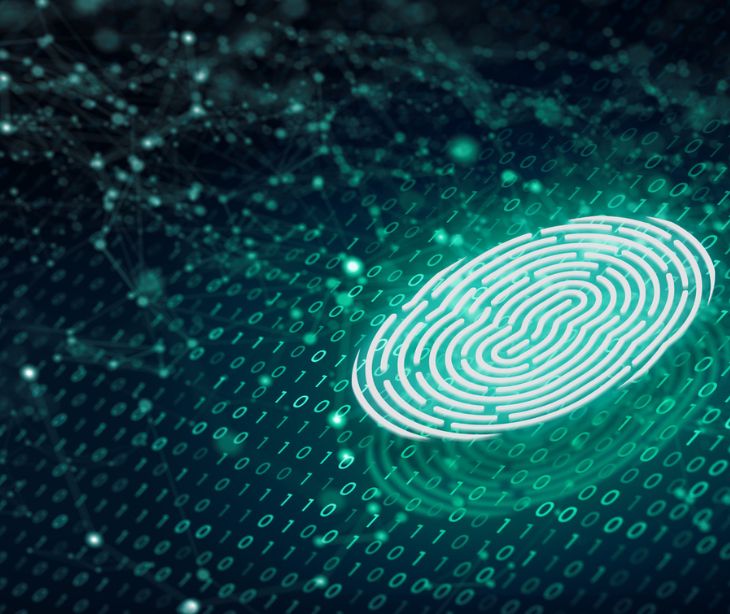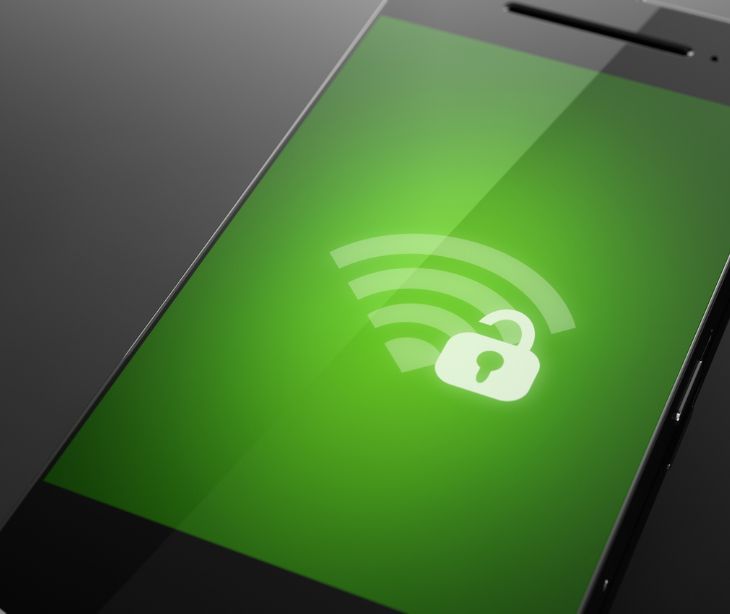
Dentists are considered covered entities under HIPAA if they engage in electronic transactions that relate to payment for healthcare services.
This means they must put security measures in place that safeguard patients’ PHI. Failing to do so can lead to severe repercussions, including legal action, fines, and reputational damage.
Use secure communication channels
Ongoing communication helps keep patients up-to-date with their dental health while promoting more efficient operations for dental practices. However, using unsecured channels to deliver these messages puts sensitive data at risk.
Therefore, dentists should ensure they only send these updates through secure platforms. This means using HIPAA compliant email, apps, and appointment scheduling software.
Dental practices must obtain a business associate agreement (BAA) when working with a third-party vendor that manages PHI.
This document breaks down the responsibilities of the service provider in protecting PHI. Without a signed BAA, there is no guarantee that information stored on the platform is secure.
In addition, it is common for dentists to share patient information with dental labs. Dentists should take steps to verify that these companies have implemented appropriate security measures to protect PHI from unauthorized access.
Strengthen your physical and digital storage strategies
Prioritizing physical safeguards can go a long way in securing PHI. Some strategies for dentists include installing sturdy locks on all building entrances, requiring unique key cards to access patient records, and establishing procedures for properly discarding confidential documents. Setting up alarms and surveillance cameras can provide an additional layer of security.
On the digital side, all devices that contain PHI should be encrypted. This protects patients’ private data by making it unreadable to unauthorized parties.
It is also smart to enforce a strong password policy throughout your dental practice, require multi-factor authentication wherever possible, and regularly update devices with the latest security patches.
Furthermore, all employees should not have the same level of access to patient records. Set permissions that limit access to those who need this information for their particular role.
Dentists must make cybersecurity an ongoing priority by periodically evaluating their policies. This will help identify any potential weaknesses and necessary gaps to fill.
Educate and train your staff
Under the HIPAA Privacy Rule, dentists must provide HIPAA compliance training to all staff members who handle PHI in any way. This applies to other dentists, dental hygienists, receptionists, administrative assistants, and other individuals that access patient records.
Educate employees on the importance of abiding by HIPAA guidelines to prevent data breaches and the consequences for exposing patients’ sensitive data to unauthorized parties.
Create specific policies on accessing, using, and disclosing PHI. Make sure that employees fully understand which situations warrant patient consent and the right way to obtain these permissions.
In addition, emphasize best practices for avoiding accidental PHI disclosures. These include confirming identities, double-checking recipient details, and leaving sensitive information out of subject lines and message content.
Email security matters
With email as a leading threat vector for cybercrime, HIPAA compliance training should also sufficiently cover email security.
Teach staff members how to recognize the red flags of phishing emails, display name spoofing attacks, and other malicious schemes designed to deceive employees into sharing sensitive information.
Subscribe to Paubox Weekly
Every Friday we bring you the most important news from Paubox. Our aim is to make you smarter, faster.




